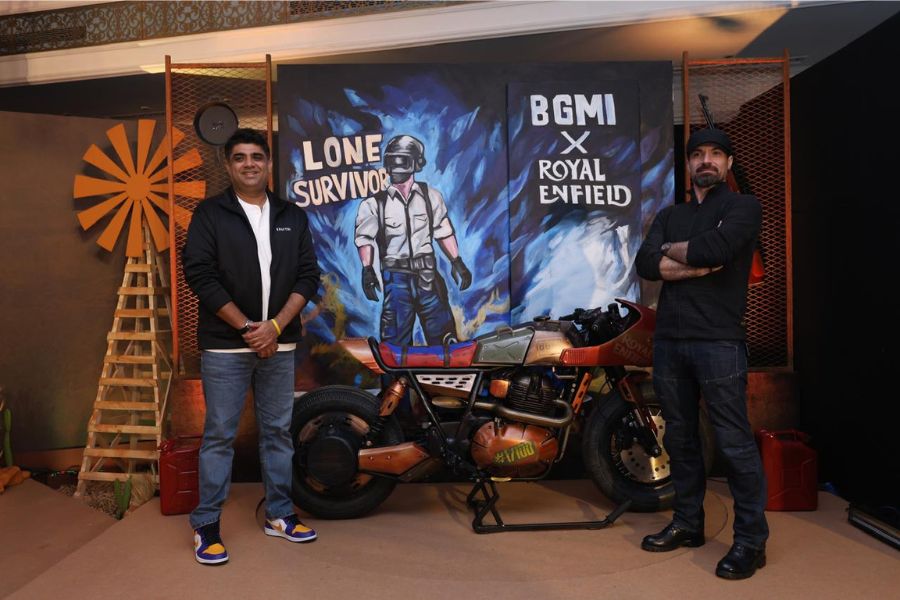Michelle Kristula Green, president, Leo Burnett Asia Pacific, has been closely involved with the agency's proprietory HumanKind approach towards brand building. Green, who was in the country recently, spoke to Campaign India on how the HumanKind approach is useful in decoding consumer behavior and also elaborated on live examples from Burnett's global and Indian roster of work that has been a result of this philosophy.
Green says, "The HumanKind approach is inherent to Leo Burnett's philosophy of putting consumers at the centre. For many years we have talked about insights which are about observing and understanding people. With HumanKind, what we are really focusing on is behavior and really understanding what people do, and why they do what they do. Then, what are the changes in their behaviour that we need to create in order to get the results that we need for the brand. HumanKind is much more about understanding people's behavior relative to brands and categories and then figuring out how to change that."
She continues, "The second thing that's core to the HumanKind brand is rather than talking about the brand from a marketers' point of view, just in terms of the function of the brand, its focusing on the brand purpose. That is more about understanding the brand's human purpose and then linking that with people's behavior. When you understand the human purpose of the brand, you understand people's behaviour, then everything that you do, is about how to create that synergy between the intersection of those two points."
Green explains that for the agency, HumanKind is really about what people believe they need in their life and how do brands ensure that they provide that. She added, "McDonald's is an example of the HumanKind approach. McDonald's is about people wanting an enjoyable, wholesome meal and everything that we do on the brand, right from the retail environment, to the way the menu cards are displayed at an outlet to the communication, all of it builds up the McDonald's promise of a wholesome enjoyable meal."
Arvind Sharma, chairman of India subcontinent, Leo Burnett, says the HumanKind approach has been integrated within the Indian offices and some of that work should be out soon. He added, "We have been working at it for the last eight months. Some of the work that's going to be coming out is completely reflective of that kind of thinking. I can't tell you what these campaigns are but the work that we have done for Tata Capital is rooted in this form of thinking."




